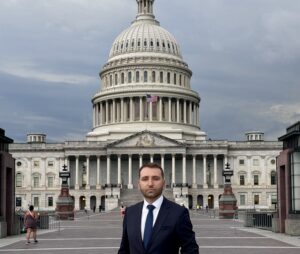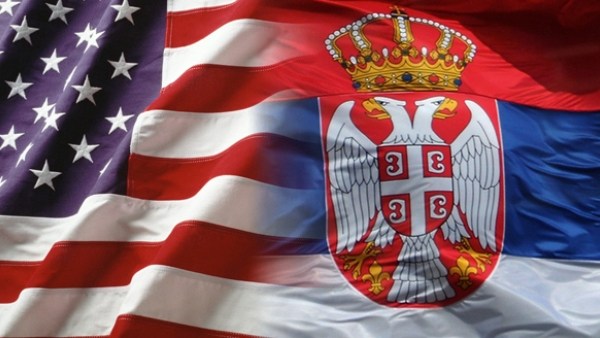The second week of July in Washington is traditionally hot, but this year, the political temperature has eclipsed even the climatic extremes that surpass 40 degrees Celsius. While the administrative hub of the U.S. typically slows down during the summer months, this July is different. This week, Washington is hosting the NATO summit and celebrating 75 years of the most powerful military alliance in history. With the addition of Finland and Sweden, the alliance now boasts 32 member countries. The military budgets of these nations are at historic highs, with many exceeding the proclaimed 2% of GDP.
This year is pivotal for NATO, not only due to leadership changes, with Mark Rutte succeeding Jens Stoltenberg, but also because of the U.S. presidential elections. NATO leaders are closely watching this race, wary of the implications of a potential administrative shift. For Ukraine, which views the U.S. and NATO as key allies in its fight for freedom, the outcome of the American elections is crucial. President Zelensky and the Ukrainian people see the U.S. as a guarantor of their survival and strength in the face of aggression. Their fate is closely tied to the political stability and consistency of American support.
Is there a reason for concern?
This NATO summit is not just a routine annual conference. It is a display of strength and unity, with member countries increasing their military budgets and committing a larger portion of their GDPs to collective security. Although NATO Secretary General Jens Stoltenberg is handing over his duties to Mark Rutte, the essence remains unchanged – NATO is larger and stronger than ever.
While Democrats debate whether President Biden can stand against former President Trump, who is expected to announce his vice-presidential candidate this week, there’s a sense that the fate of the world hinges on whether the Democrats retain the White House or if Trump returns. Anyone who thinks it’s that simple underestimates America and the system that transcends administrations and individuals, and the value system on which the world’s most powerful economic and military force is built. The transparency in all processes, including the questioning of the current president’s ability to run for another term, is fascinating and a testament to America’s strength.
History teaches us that America does not abandon its allies. These values are the foundation of its prosperity. Europe will not be left behind, and Ukraine will receive the necessary support to defend against aggression, regardless of who occupies the White House.
In this context, Serbia must carefully monitor events in Washington. After many years, it seems we are finally doing so. The message to Serbia is clear – the U.S. is a partner, and many NATO countries are our friends. These friendships should be built on economic ties that grow stronger each year to mutual benefit. Our friendship with countries like the U.S. should not rely on one administration but on deeper, lasting connections that transcend individuals.
No matter who becomes the next U.S. president – Biden, Kamala Harris, or Trump – the fundamental principles will not change. America does not abandon its allies, which is a lesson for our country as well.
Serbia should build friendships with the most powerful actors in military, economic, and every other sense. Instead of passively observing, we should actively work on elevating the level of cooperation with the U.S. Let an extended hand become an embrace – it doesn’t have to be brotherly, but let it be friendly.
Written by Milan Urošević, Member of the XII Assembly of the National Parliament of the Republic of Serbia


